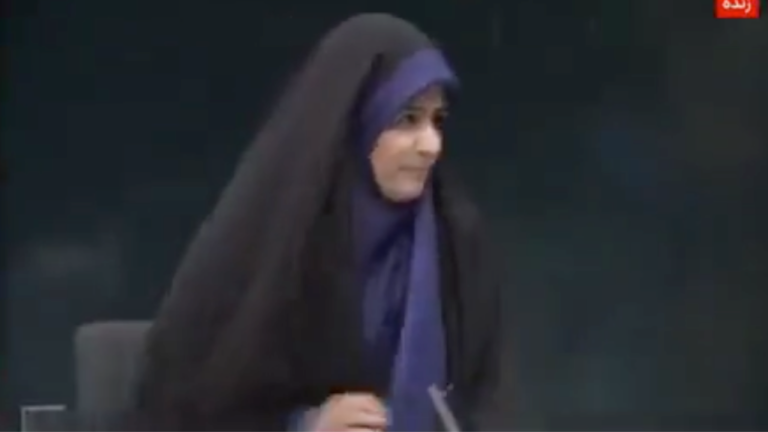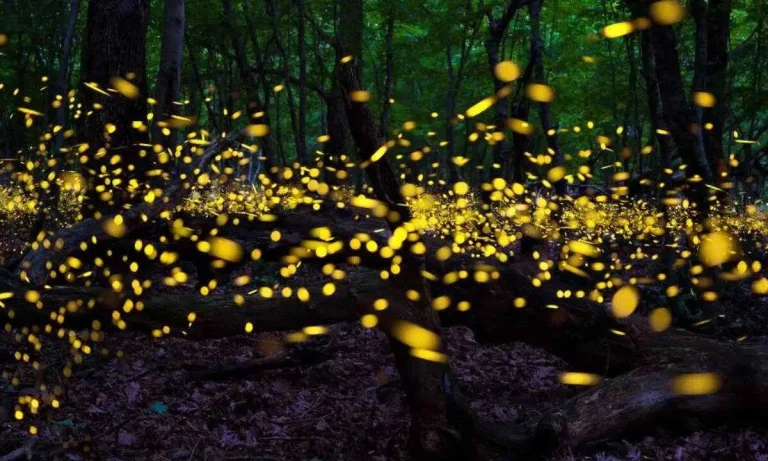Have you ever wondered why some of the most popular foods in America do not appear when you are traveling abroad? In reality, there are many common US food bans in several other countries owing to health issues associated with a few ingredients. This now raises an interesting contrast between what we actually believe to be good food and what actually goes into the items we eat day in and day out.
Knowing why these foods are banned elsewhere can provide some insight into global food regulations. It also beckons us to give more critical thought to the foods we consume. Now, let’s take a closer look at that list of 10 US foods banned in Europe and other countries around the world.
1. Gatorade

Gatorade is a very popular sport drink in the US mixed with brominated vegetable oil or BVO. It helps to distribute evenly the flavoring of the drink. However, BVO has a chemical in it called bromine, which has been connected to health issues including disorders in the nerves.
It has been banned by countries such as Japan and the European Union to allow the use of it in their foods and drinks. These countries believe this ingredient is unsafe to consume food and drinks containing it. Because of these health concerns, Gatorade has to be reformulated for sale or is not available in these countries.
2. Farm-Raised Salmon

Farmed salmon can be obtained all over the US but has also been banned in countries like Australia and New Zealand. Due to this, farmed salmon utilizes a synthetic astaxanthin-the synthetic coloring agent-which would give them the pink color. The artificial coloring agent is not approved for human consumption in the listed countries.
Moreover, farm-raised salmon have been found to contain a higher level of contaminants because of their controlled diet and environment. These factors are a major cause of the bans and encourage consumers to prefer wild-caught salmon over them.

3. Wheat Thins

Wheat Thins are a popular snack food here in America. Unfortunately, they contain an additive called butylated hydroxyanisole, more commonly known as BHA. BHA is added to foods in order to increase their shelf life. Many studies have related BHA to the development of cancers in animal tests.
Due to such possible health hazards, the European Union and Japan have banned the use of BHA in food products. As a result, Wheat Thins containing BHA are not available in these regions.
4. Little Debbie Swiss Rolls

Little Debbie Swiss Rolls are one of those sweet treats that Americans love so much. Yellow No. 5 and Red No. 40 food dyes are in these snacks, as well as the preservative tert-butylhydroquinone, more commonly referred to as TBHQ.
Norway and Austria ban these dyes due to their hyperactivity links in children. TBHQ is restricted in Japan, along with other countries, due to cancer concerns. Therefore, Little Debbie Swiss Rolls are banned or reformulated in these places.
5. Coffee Mate Creamer

Coffee Mate Creamer is a staple for many coffee drinkers in the US, but it uses partially hydrogenated oils as an ingredient. Hydrogenated oils supply one source for trans fats. Trans fats have been associated with an increased risk for heart disease.
For example, Denmark, Switzerland, and Canada banned food products containing trans fats. As a result, none of the Coffee-Mate Creamer sold in those countries contains trans fat. Thus, manufacturers in those regions have had to modify their recipes in accordance with local legislation.
6. Ritz Crackers

Another common snack that has this ingredient called partially hydrogenated oils is Ritz Crackers. Just like Coffee Mate, these oils supply the snack with a type of fat known as trans-fat. There are a few countries that have completely banned food items made with trans fat due to the health risks associated with it.
7. Frosted Flakes

Frosted Flakes are a sweetened cereal that practically every child and adult loves, but they also contain a preservative called butylated hydroxytoluene or BHT, which has been found to cause cancer in animals. The thing is, BHT’s purpose it to keep the food in your box fresh, but it could be carcinogenic.
For this reason, the United Kingdom, Japan, and parts of the European Union have banned the use of BHT in foodstuffs, which is why Frosted Flakes containing BHT are not marketed in these countries while their manufacturers would need to work out safer replacements.
8. Maraschino Cherries


Maraschino cherries are employed as garnishes for desserts and drinks generally. They commonly contain Red Dye No. 40 and high fructose corn syrup. Red Dye No. 40 is cited to be related to behavioral disorders in children. Due to these concerns, some countries such as Norway and Austria have prohibited foods that contain some of these artificial dyes. Consequently, maraschino cherries are either unavailable or made without the aforementioned kinds of additives in those countries.
9. Mountain Dew

Mountain Dew is an intoxicant soft drink with a citrus flavor; it also contains Gatorade’s brominated vegetable oil ingredient. Because BVO contains bromine, its presence in this product raises the same health concerns as Gatorade.
Due to these risks, countries in Europe and Japan have banned BVO in food and beverages. Mountain Dew is reformulated without BVO or just not available in many countries.
10. Skittles

Skittles are a vibrantly colored candy due to the inclusion of several artificial dyes, Yellow No. 5, Yellow No. 6, and Red No. 40. The three dyes have been said to cause hyperactivity in some children and also allergic reactions.
Due to this issue, European Union laws dictate that products containing any one of these dyes must have a warning label. Some countries have banned the use of these dyes in food products. Because of this, Skittles distributed in some countries are either reformulated with natural colorings or not sold at all.
Conclusion
The foods listed below represent 10 US foods that have been banned in other countries, with discrepancies in global food safety standards. Common to us, yet health concerns over an ingredient or two have led to bans elsewhere. Bans like these encourage a person to learn more and be watchful of what they put into their bodies.
With increased awareness of food ingredients and their possible effects, we are in a better position to make more informed dietary choices. The learning of these bans opens up channels of discourse toward the improvement of food safety regulations. After all, being more informed is the surest avenue toward our health and well-being.
Also read,










